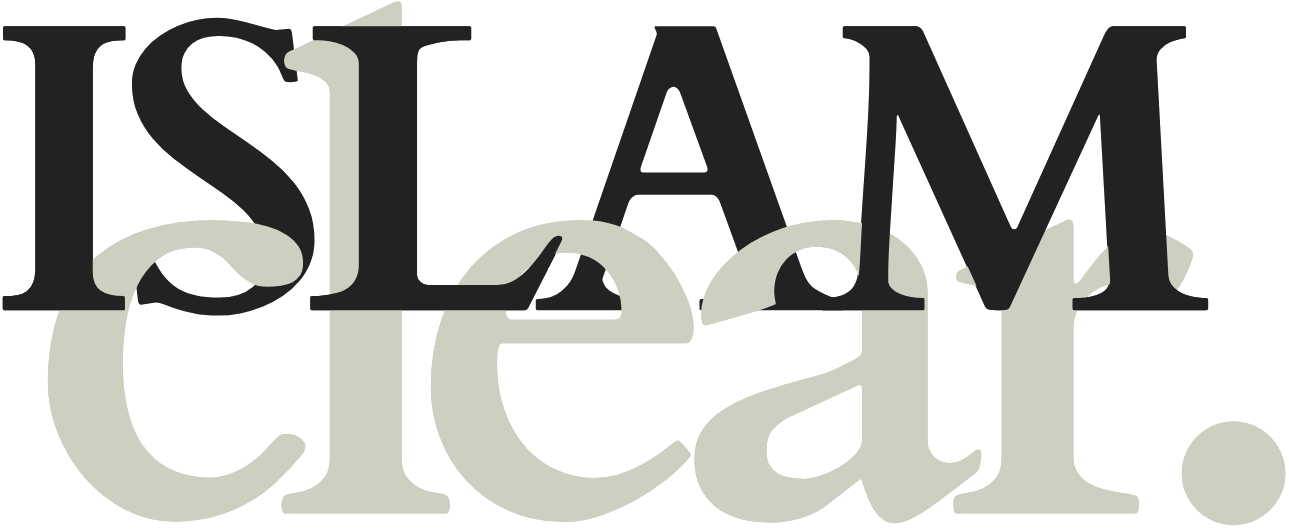Duas from the Qur’an – With Arabic, Transliteration, English & Audio
Duas and Dhikr / From the Qur’an
Duas from the Qur’an are powerful supplications revealed directly by Allah ﷻ. These heartfelt prayers were made by prophets and righteous believers during moments of need, gratitude, and deep reflection.
In this section, you’ll find a curated selection of Duas. Each Dua is presented in Arabic, with easy-to-follow transliteration, a clear English translation, and audio to help you listen and learn correct pronunciation.
Dua for guidance and steadfastness
—Qur’an (3:8)
رَبَّنَا لَا تُزِغْ قُلُوبَنَا بَعْدَ إِذْ هَدَيْتَنَا وَهَبْ لَنَا مِن لَّدُنكَ رَحْمَةً، ۚ إِنَّكَ أَنتَ الْوَهَّابُ
Rabbana la tuzigh qulubana ba’da idh hadaytana, wahab lana min ladunka rahma, innaka anta al-Wahhab
Our Lord, let not our hearts deviate after You have guided us and grant us mercy from Yourself. Indeed, You are the Bestower.
This dua is a heartfelt plea from the righteous, made after Allah ﷻ warns about people who mislead by misinterpreting unclear verses of the Qur’an. The believers respond with this supplication, asking Allah ﷻ not to let their hearts go astray after receiving His guidance.
Dua for parents
—Qur’an (17:24)
رَبِّ ارْحَمْهُمَا كَمَا رَبَّيَانِي صَغِيراً
Rabbi irhamhuma, kama rabbayani saghiran
My Lord, have mercy on them, as they brought me up when I was small.
This beautiful dua is part of a passage where Allah ﷻ commands kindness and respect towards parents. After emphasizing not even saying “uff” to them, Allah ﷻ teaches us to humble ourselves in mercy toward them — especially in old age — and to make this specific prayer.
Dua for forgiveness
—Qur’an (7:23)
رَبَّنَا ظَلَمْنَا أَنْفُسَنَا وَإِنْ لَمْ تَغْفِرْ لَنَا وَتَرْحَمْنَا لَنَكُونَنَّ مِنَ الْخَاسِرِينَ
Rabbana dhalamna anfusana, wa in lam taghfir lana, watarhamna, lanakunanna mina al-khasirin
Our Lord, we have wronged ourselves, and if You do not forgive us and have mercy upon us, we will surely be among the losers.
This dua was said by Prophet Adam and his wife Hawwa (Eve) after they realized their mistake in disobeying Allah ﷻ by eating from the forbidden tree.
Dua for good in this life and the hereafter
—Qur’an (2:201)
رَبَّنَا آتِنَا فِي الدُّنْيَا حَسَنَةً وَفِي الْآخِرَةِ حَسَنَةً وَقِنَا عَذَابَ النَّارِ
Rabbana, atina fid-dunya hasanah, wa fil-akhirati hasanah, wa qina ‘adhaban-nar
Our Lord, give us in this world [that which is] good, and in the Hereafter [that which is] good, and protect us from the punishment of the Fire.
This is one of the most comprehensive and balanced duas taught in the Qur’an, combining a request for well-being in both this life and the Hereafter.
Dua for ease and deliverance
—Qur’an (21:87)
لَا إِلَٰهَ إِلَّا أَنْتَ سُبْحَانَكَ، إِنِّي كُنْتُ مِنَ الظَّالِمِينَ
La ilaha illa Anta subhanaka, inni kuntu mina adh-dhalimin
There is no deity but You, Glory be to You! Truly, I have been of the wrongdoers.
This dua was made by Prophet Yunus (Jonah) while he was in the belly of the whale. After initially leaving his people without Allah ﷻ command, he sincerely repented and called out for Allah ﷻ help.
Dua for descendants and prayer
—Qur’an (14:40)
رَبِّ اجْعَلْنِي مُقِيمَ الصَّلَاةِ وَمِنْ ذُرِّيَّتِي ۚ رَبَّنَا وَتَقَبَّلْ دُعَاءِ
Rabbi aj‘alni muqima as-salat wa min dhurriyati, Rabbana wa taqabbal du‘a’
My Lord, make me an establisher of prayer and [many] from my descendants. Our Lord, accept my supplication.
This dua was made by Prophet Ibrahim (Abraham), asking Allah ﷻ to help him and his descendants consistently perform and uphold prayer (salat).
Dua for a righteous spouse and children
—Qur’an (25:74)
رَبَّنَا هَبْ لَنَا مِنْ أَزْوَاجِنَا وَذُرِّيَّاتِنَا قُرَّةَ أَعْيُنٍ وَاجْعَلْنَا لِلْمُتَّقِينَ إِمَامًا
Rabbana, hab lana min azwajina wa dhurriyyatina qurrata a’yun, waj‘alna lil-muttaqina imama
Our Lord, grant us from our spouses and offspring comfort to our eyes, and make us leaders for the righteous.
This beautiful dua is a prayer asking Allah ﷻ for loving, righteous families who bring joy and peace. It also asks to be leaders or role models among the pious.
Grateful through actions
—Qur’an (27:19)
رَبِّ أَوْزِعْنِي أَنْ أَشْكُرَ نِعْمَتَكَ ٱلَّتِيٓ أَنْعَمْتَ عَلَيَّ وَعَلَىٰ وَالِدَيَّ وَأَنْ أَعْمَلَ صَٰلِحًا تَرْضَىٰهُ
Rabbi awzi’ni an ashkura ni’mataka allati an’amta ‘alayya wa ‘ala walidayya, wa an a’mala salihan tardah
My Lord, enable me to be grateful for Your favor which You have bestowed upon me and upon my parents, and to do righteous deeds that please You.
This dua was made by Prophet Sulayman (Solomon) after hearing the speech of an ant and smiling in gratitude. It shows his humility and recognition of Allah ﷻ blessings. He asks for the ability to be thankful, to do good deeds that Allah ﷻ is pleased with, and to be joined with the righteous by Allah ﷻ mercy.
